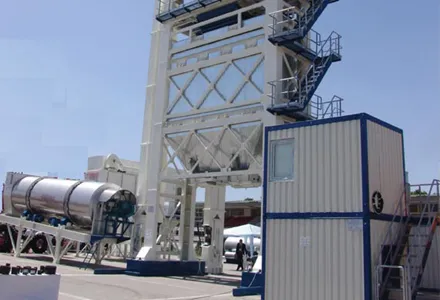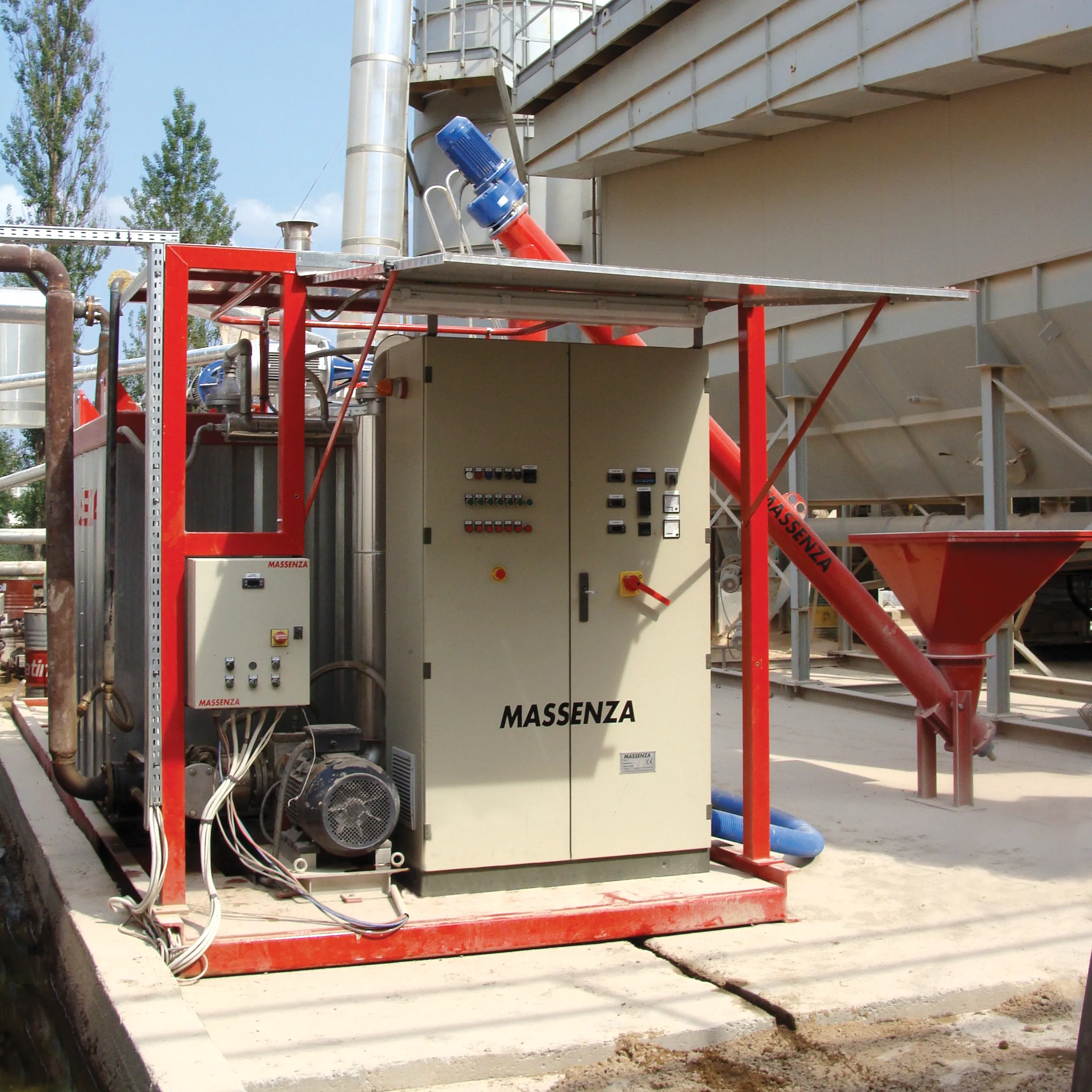Petroplus Bitumen has been awarded the sole UK licence for the Low Energy Asphalt (LEA) franchise, and as exclusive distributor will promote how the technology can help to reduce the environmental impact of highways construction and maintenance in the UK. It offers asphalt manufacturers the opportunity to reduce their carbon footprints by achieving up to 50% energy and emission savings, while maintaining the appearance and performance of conventional asphalt. LEA involves the manufacture and laying of aspha
July 11, 2012
Read time: 2 mins

RSS741 Petroplus Bitumen has been awarded the sole UK licence for the Low Energy Asphalt (LEA) franchise, and as exclusive distributor will promote how the technology can help to reduce the environmental impact of highways construction and maintenance in the UK. It offers asphalt manufacturers the opportunity to reduce their carbon footprints by achieving up to 50% energy and emission savings, while maintaining the appearance and performance of conventional asphalt.
LEA involves the manufacture and laying of asphalt mixtures at below 100°C: the technique combines the action of temperature, water and mixing energy on the constituents of the asphalt mix, bitumen and mineral aggregate. It can be applied to any type of mixing plant and for most plants the cost of introducing the process is said to be minimal compared to other technologies.
The proven semi-warm mix process has gained a global reputation having won a number of awards including the Gold Palm Award for Innovation at the 2006242 INTERMAT international exhibition and World Road Association 3141 PIARC 2007 Prize for Sustainable Development.
Gareth Evans, Petroplus Bitumen marketing and business development manager, said: "There is a lot of work to be done to change the conventional practices, but I am looking forward to being able to promote LEA's benefits and the energy-saving technology behind the process to the asphalt market."
RSS
LEA involves the manufacture and laying of asphalt mixtures at below 100°C: the technique combines the action of temperature, water and mixing energy on the constituents of the asphalt mix, bitumen and mineral aggregate. It can be applied to any type of mixing plant and for most plants the cost of introducing the process is said to be minimal compared to other technologies.
The proven semi-warm mix process has gained a global reputation having won a number of awards including the Gold Palm Award for Innovation at the 2006
Gareth Evans, Petroplus Bitumen marketing and business development manager, said: "There is a lot of work to be done to change the conventional practices, but I am looking forward to being able to promote LEA's benefits and the energy-saving technology behind the process to the asphalt market."
RSS









